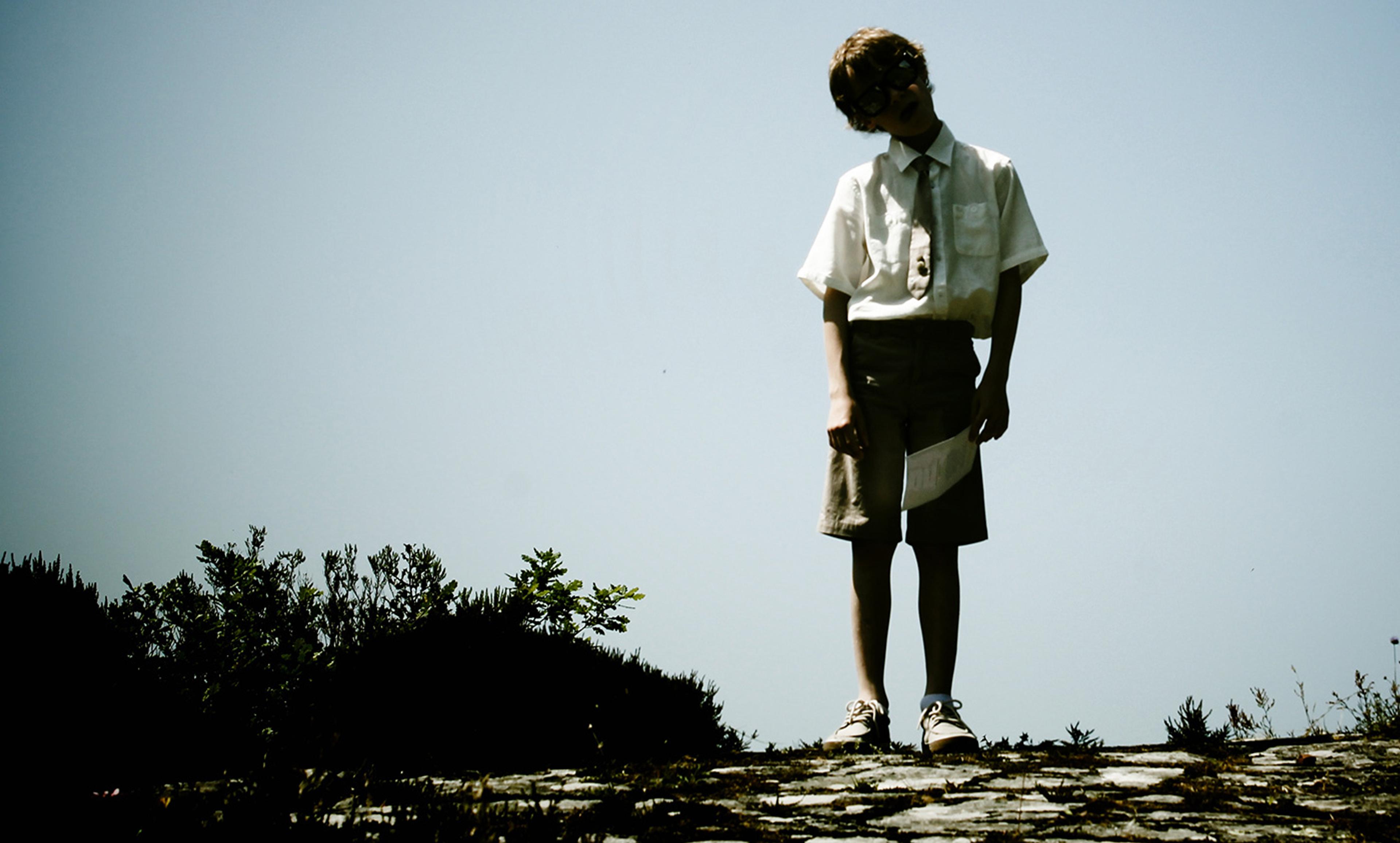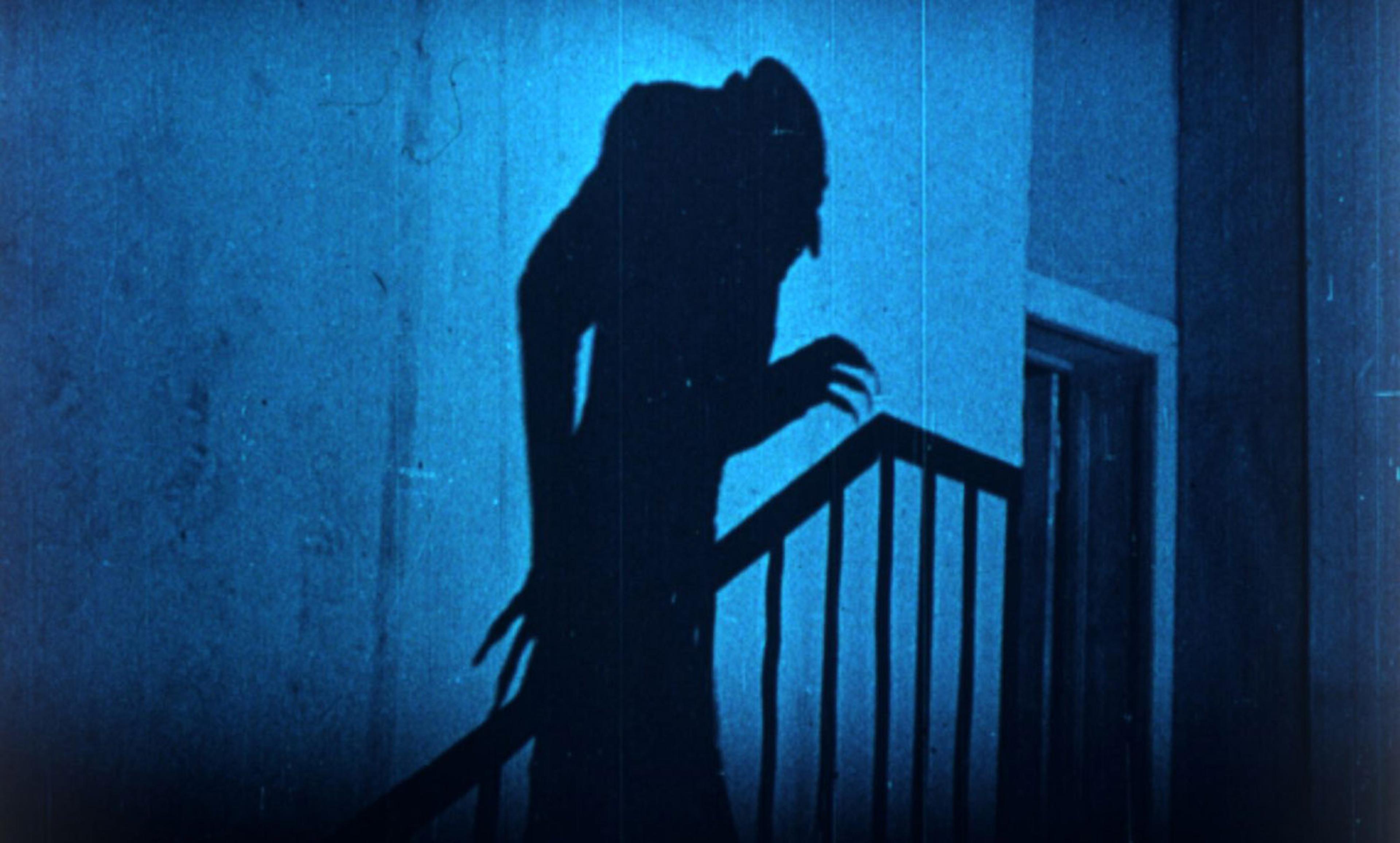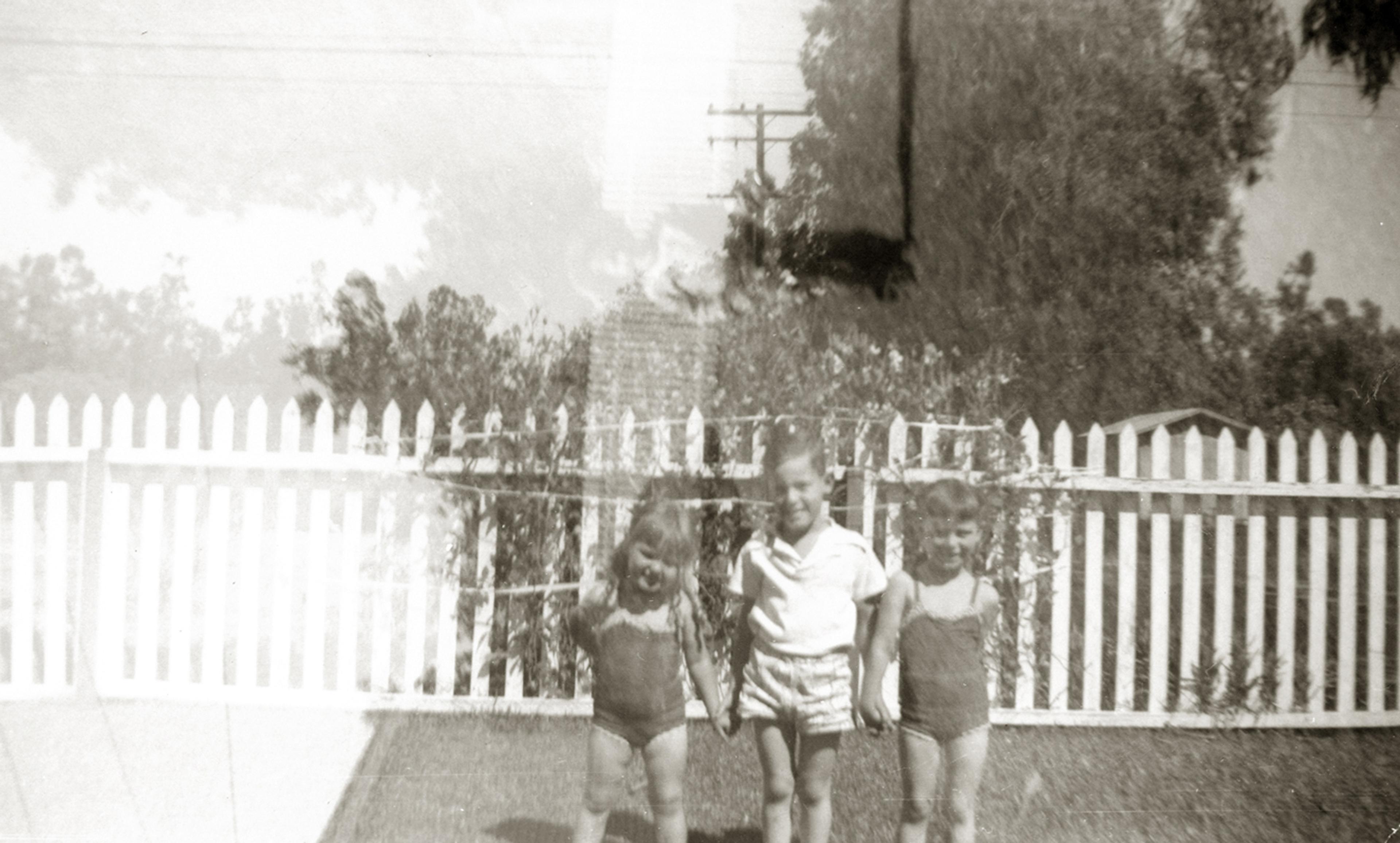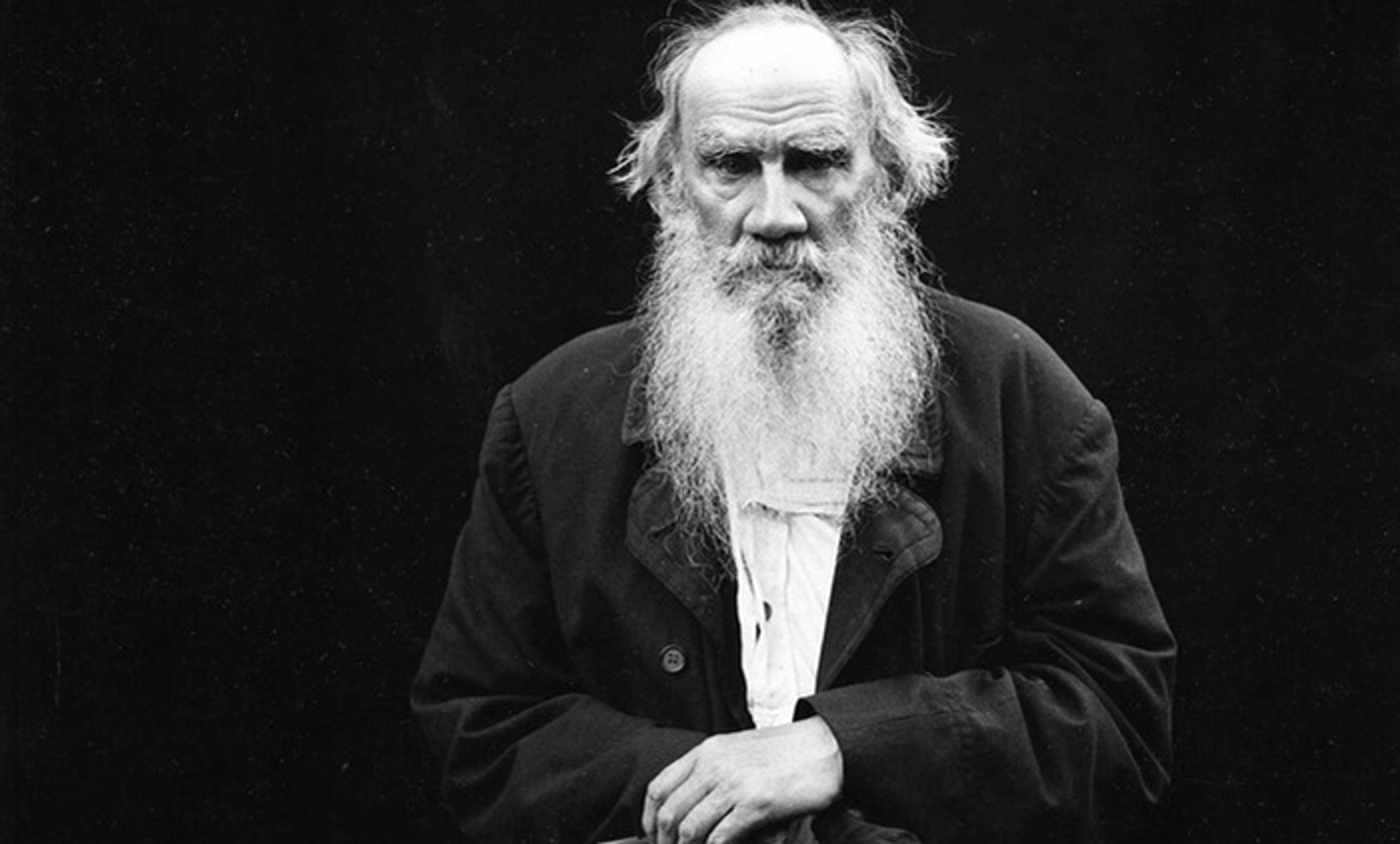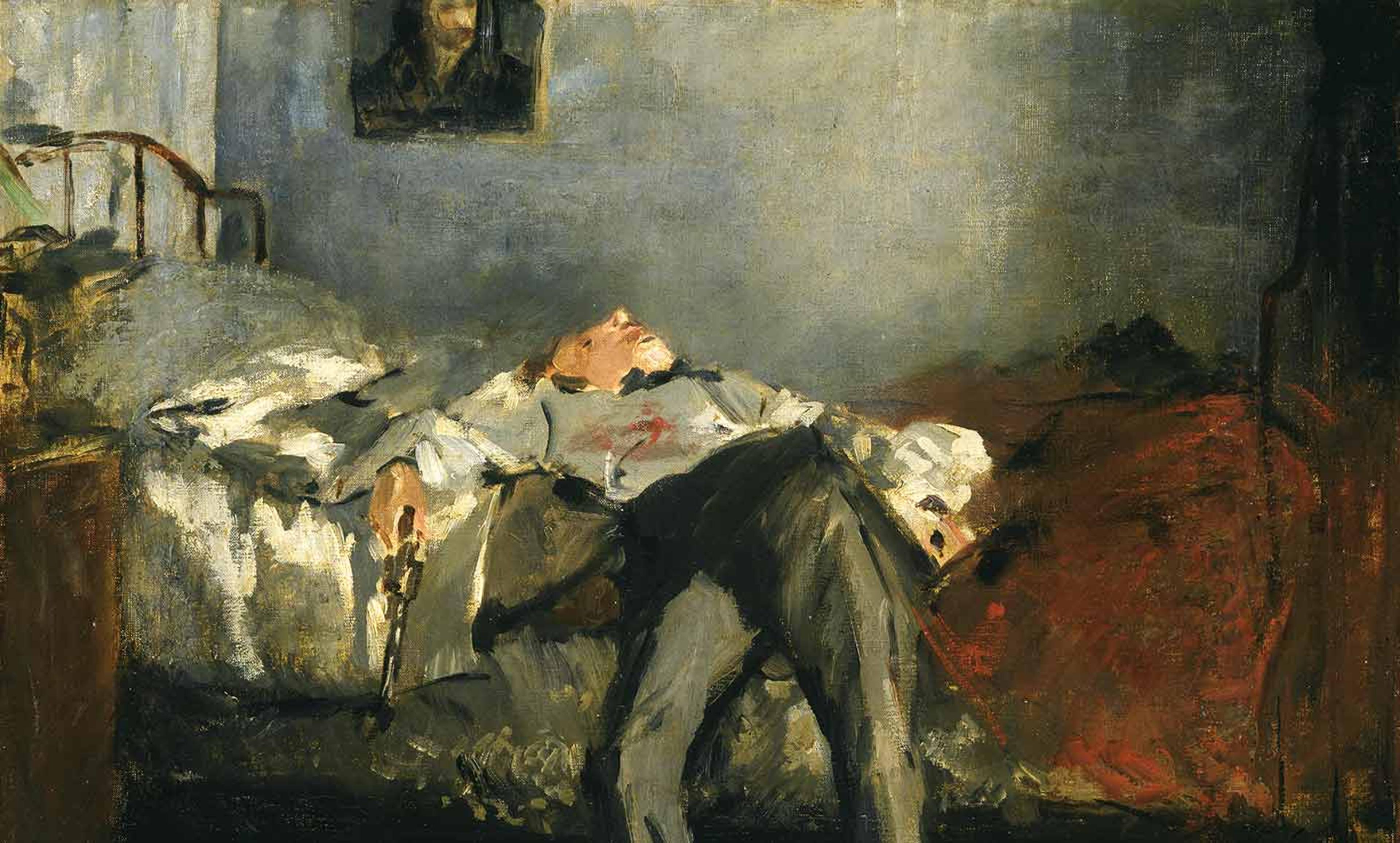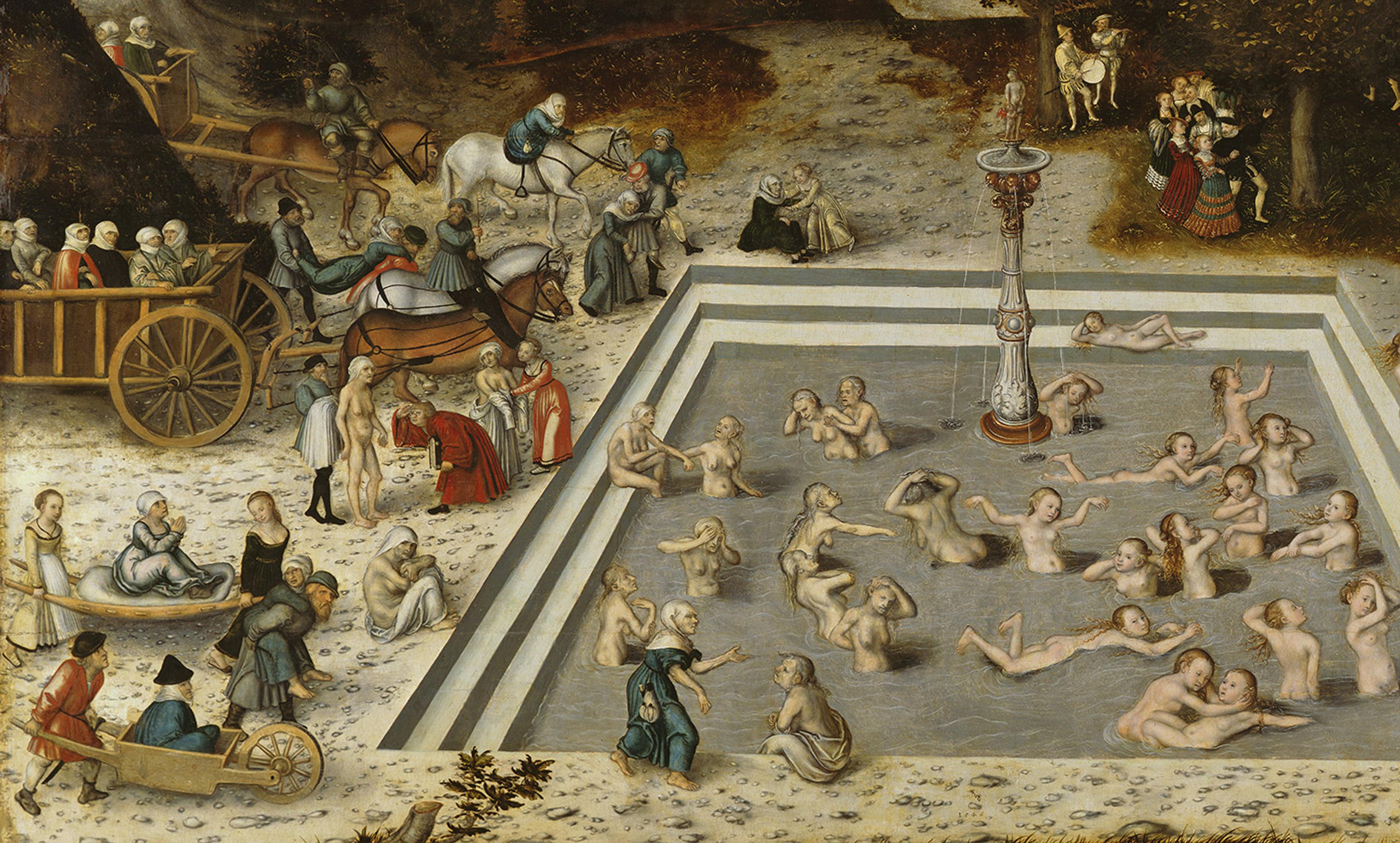An eternally awful life. David Simmonds/Flickr
As you’ve no doubt noticed (unless you’re one of them), the zombies have taken over: the walking dead are on your TV, on your commute, and – to widespread ambivalence – in the East End of London. And though a thousand dissertations have been launched on the undead as representative of our fear of losing our souls to technology, the terror of zombies predates smartphones by about five millennia.
Nor is it a zombie’s relentless compulsion to eat you alive that puts it in the bogeyman hall of fame. Zombies belong to the realm of horror stories that reappear over and over throughout history – from ancient Mesopotamia to modern-day sci-fi – because they raise a more terrifying fear than merely that of a gory death: the threat of eternal life.
Apeirophobia – the fear of the infinite or eternal – might seem ridiculous at first. After all, from antiquity onwards, human societies are rife with tales of people searching for eternal life. These stories, however, always contain an undercurrent of the terror that immortality could hold. The dead that Ishtar, the Babylonian goddess of fertility, threatened to release from the underworld were hungry not for brains, but just for a good meal: the menace was that they would compete with the living, not eat them. The great beyond was not, it seems, a place for destination dining; far from the ending of awareness, death meant a meagre and unhappy eternal existence – like a long haul flight on Spirit Airlines.
The Greeks, too, knew that forever was a mighty long time. For them, eternal life was an opportunity for Olympic-level sadism. Sisyphus, Tantalus, the poor Danaids – who only wanted to not marry their cousins, for the gods’ sakes – Greek punishment was meant to torture not simply with pain and hunger and relentless chores but specifically with their endless repetition. It’s just a grander version of our own quotidian nightmare: you can deal with commuting to work, or grading papers, or making your kids’ lunch today, and probably tomorrow, but forever?
And that is the torture of the apeirophobe: unbearable time, day in, day out, spinning into a future the length of which we cannot even conceive. In an interview, Richard Dawkins said it as clearly as can be: ‘our brains aren’t built to cope with [the eternal]’. The mere thought of it leads to an existential despair that one can trace through Dante and Kafka to its even more frightening modern incarnations.
Once people started to understand how big the Universe really is – and how old – they were forced to fully confront two things. First, the immeasurable; and then, abjectly, humankind’s place in that immeasurability. To those who fear the infinite, David Bowie’s Major Tom wasn’t simply a martyr to the space age: his tragedy, further amplified by the German musician Peter Schilling’s sequel, was that he would be ‘drifting, falling, floating, weightless’ without hope of end. ‘No one understands / but Major Tom sees…’ Schilling sings – and what he sees, while on Earth they mourn him and move on, is the endless light and solitude and sheer size of space.
Stephen King’s short story ‘The Jaunt’ (1981) makes it even more explicit: in it, a medically knocked-out family travels from Earth to Mars instantly – at least physically. When they awake they find that their rebellious son skipped the sleeping gas and experienced the trip as nearly infinite, mentally. Thought upon thought upon thought through the vastness of space turns the boy, King writes, into ‘a creature older than time masquerading as a boy’, with ‘a snow-white fall of hair and eyes which were incredibly ancient…’ The boy screeches with lunacy about the length of his trip, literally driven mad by the endlessness of time. The story is the apeirophobe’s worst nightmare.
Zombies embody this horror perfectly. The creepiest thing about them is that they are, essentially, us: all zombies lived their lives – woke up each morning, had coffee, worked at petty beefs with their spouses like loose teeth, held their children’s hands on the way to school – before whatever it was that overcame them. And, just as with anyone in Dante’s Inferno, the state that they’re in is a state that will last not just until the end of time, but beyond. A zombie trapped in a well will remain there forever, getting hungrier and hungrier as the millennia pass. That is infinity.
Time is nothing to fool with, as these ‘entertainments’ do. A zombie forever wandering the earth, or a character having to listen to ‘I Wish it could be Christmas Every Day’ for thousands upon thousands of years – played for laughs! – is just about the most terrifying thing an apeirophobe can see. There’s a reason, after all, the CIA uses time and repetition to torture people.
To be immortal, to live forever – it couldn’t be further from the adolescent fantasy of untold riches and wondrous lives. Just imagine that existence: everything around you dies, everyone you love, everything you know, soon enough all humanity, and soon enough too the Earth itself, the galaxy, and then the Universe. Most discussions of eternal life forget the fact that the world ain’t gonna be here all that long (relatively).
And the other option, of course, is death – not exactly a popular outing on people’s bucket lists. To die, or to live forever: this paradox is the true vision of soul-crushing terror. To be apeirophobic is to always be staving off that debilitating dread. The night, as with so many fears, is the worst. Peeling away the blue sky reveals, once again, the Universe’s unfathomable hugeness, and presents us with the pressing compulsion to think about it. It’s devastating.
Because forever has a bad ending. What could be scarier than to live forever in a Universe that will end in a billion-year-long dissolution into nothingness? I can’t imagine.
Zombies, everywhere, raise this spectre, over and over. Their insatiable hunger, their endless searching, even their constant decay – a parallel of our ageing selves – beckons to the world that eternally awaits, holding up a mirror at which we cannot help but flinch and say: ‘There but for the grace of a non-existent god go we.’
